Reading DefinitionReading is studying written symbols and letters and recognizing their meanings. It is among the four fundamental language abilities: speaking, listening, and writing. After listening and speaking, reading is often the third language skill you pick up in your mother tongue. 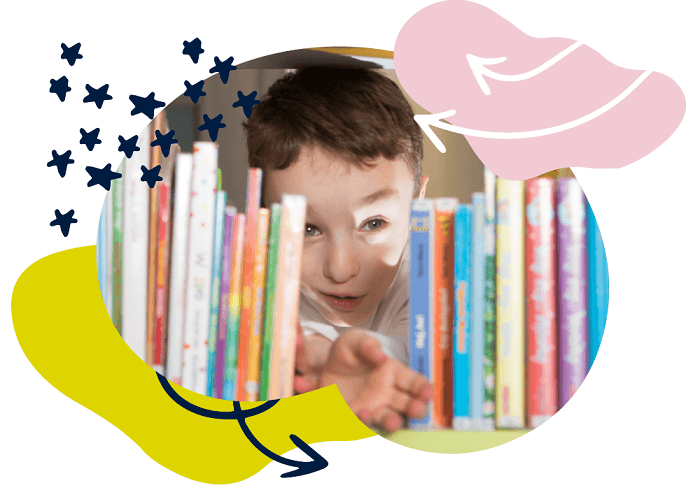
When we read, we examine the written letters, punctuation, and spaces signs and then use our minds to translate them into words and sentences that make sense to us. We can read it loudly while saying every word we read or reading silently. We must possess the following skills to read
You may still understand their main idea even when recognizing some words is hard or impossible. You can realize words even if you don't know what they represent. It may occur if you encounter a new word you have never heard of before. It is easy to decode and sound it out, but there is only one way to understand what it means: to consider the context in which it is used or to check a dictionary's or the Internet's description online. Word recognition and understanding are combined when reading is done quickly. It is the final major ability required for reading. Reading effortlessly and without getting caught on your words requires fluency. Many readers need much time and effort before they reach complete fluency. Some teachers may use echo reading to encourage youngsters to read more fluently. Even so, specific texts may capitalize on our need for fluency by inserting extra gaps that cause us to stop. How is reading crucial?
We can obtain information by using the receptive ability of reading. It would help if you learned something new or clarified what you already know while reading this. You may now access a variety of knowledge that was previously out of your reach due to your ability to read. Increase your vocabulary while learning and discovering new things. Access to stories from different cultures is another benefit of reading. It has been shown that stories influence us as humans and assist children and adults. Reading fiction allows us to experience life from another person's point of view, providing us with knowledge about aspects of life that we may not have previously considered or even noticed. Even while being able to read short stories and poetry is advantageous, reading is crucial for other reasons as well. It is beneficial in many facets of life. Reading is crucial for students in school in many subjects, not just English. Reading is essential for solving word problems in mathematics. Before starting an experiment in science, you must be able to read and understand the directions. Beyond the classroom, reading is crucial for day-to-day living. Without even being aware of it, we read constantly. Words are everywhere; we read menus, directions, and road signs. Types of Reading in English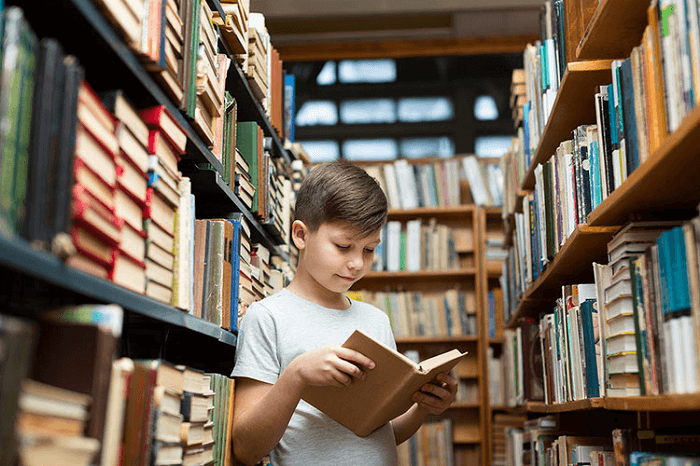
A key component of learning English is improving one's reading abilities. Exams designed to achieve the English proficiency certificate include tasks to evaluate how well this skill is developing. In most cases, such tests assess a student's comprehension of the material read and ability to extract the appropriate data from the text and comprehend the material as its whole. There are several reading types, and each one has unique characteristics. They consist of skimming, reading a lot, reading carefully, and scanning. There are also two types of reading modes: active and passive. 1. Scanning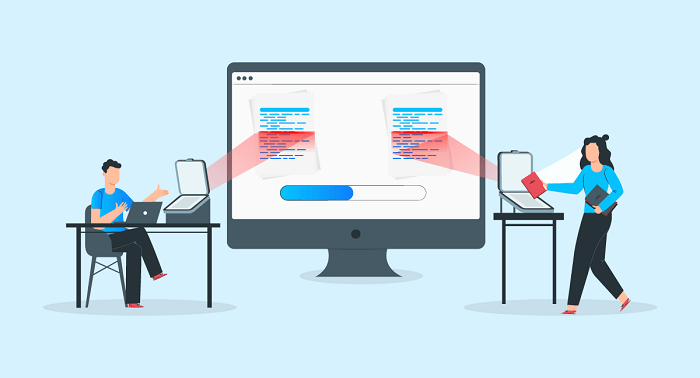
Finding the text's relevant information is this reading type's primary goal. It must indicate a thorough understanding of the facts in the text or an in-depth examination of grammatical structures. In this type of analysis, the text is often examined for unknown terms so that their translation will make it easier to understand the material completely. "Diadiagonal reading" is another name for this kind of reading. 2. Skimming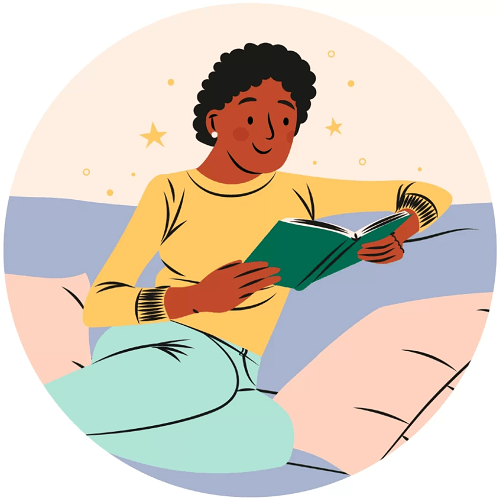
In this reading mode, learn more about and determine whether this knowledge benefits you. This time, the material is read swiftly but less attentively than before the mode. The objective is to analyze the material for complexity, intrigue, and an overall plot rather than looking up particular facts. 3. Reading Extensively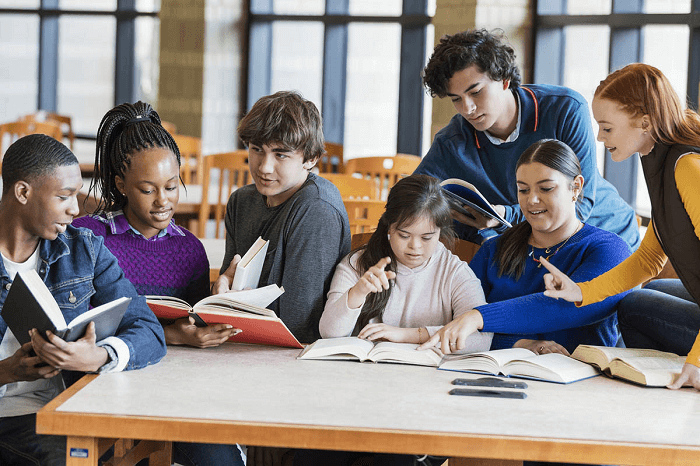
This kind of reading is done to familiarize oneself with new knowledge. Suppose a word's meaning can be roughly known from its context. In that case, this reading type enables readers to read literary works in the arts or sciences without getting distracted by new or unfamiliar terms. 4. Reading Intently
This kind of reading is typically applied to learning English to understand the suggested brief educational content completely. This reading thoroughly examines grammatical constructs, strange words, and phrases. What Approach Is the Best for Teaching Children to Read?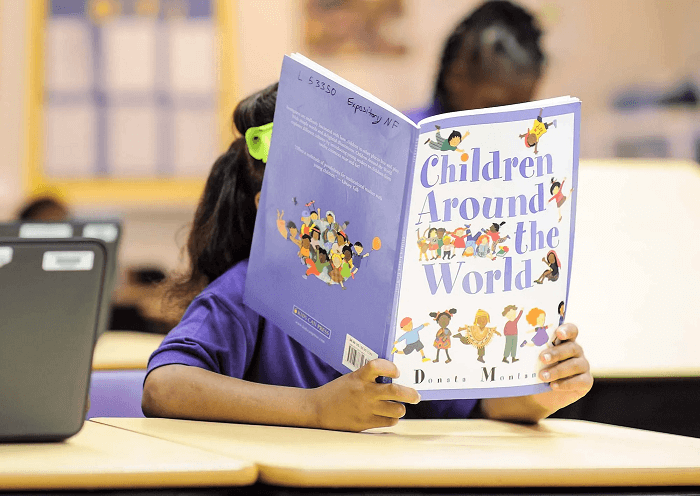
Teaching children to read can begin as early as three or four years old. Kids develop their word recognition, comprehension, and fluency skills as they age. 1. Word recognition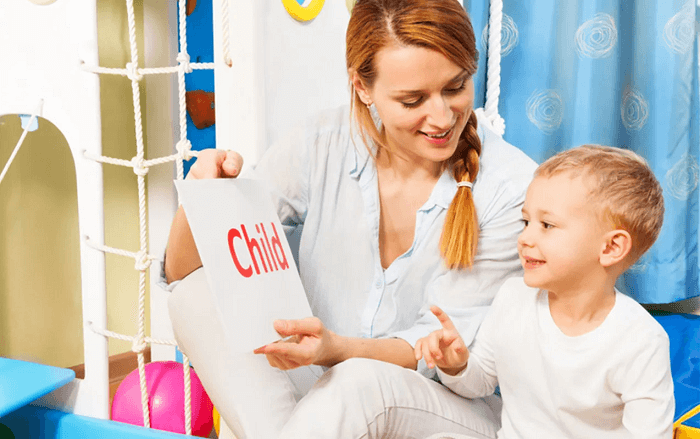
2. Comprehension
3. Fluency
The only way to become fluent is to put into practice and improve all the abilities they've already learned. For kids to be fluent, they should
Ways to inspire children to Read
Some kids acquire a love of reading at an early age that never fades. Others may like reading while young but find other activities more appealing as they age. And many of them don't hesitate to admit they dislike reading. But kids who claim they don't like to read usually have had a negative reading experience that has discouraged them in some manner. 1. Give them Books to Read
The more genres and books you have accessible for your kids, the more likely they may discover a subject that interests them. 2. Set an Example by Reading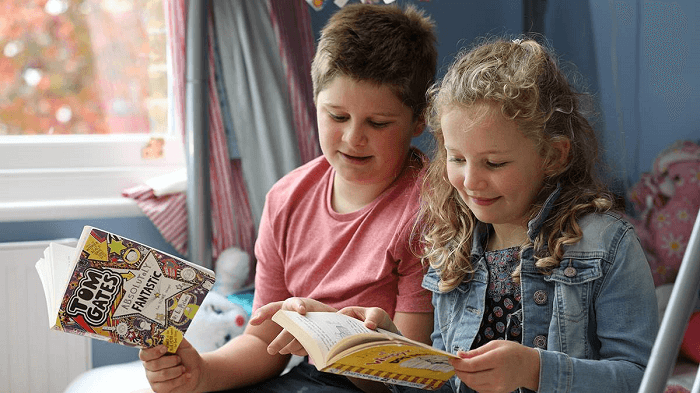
We must provide an excellent example for the pupils we wish to inspire to read by becoming strong readers ourselves. Join when your class establishes a reading hour. Use this opportunity to talk about your reading, encourage them to perform the same, and show them how joyful and encouraging reading can be. 3. Celebrate World Book Day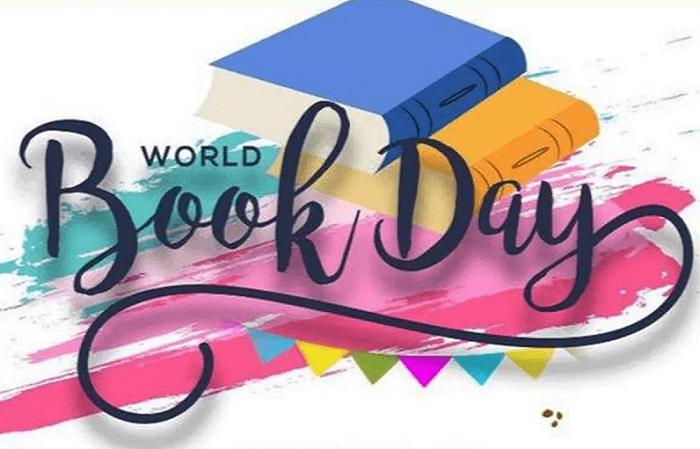
Since your school probably already observes World Book Day, this is a fantastic chance to engage your students fully and encourage their love of reading and books. 4. Include Some Exercise During your Reading Time
Children may find it challenging to sit quietly for extended amounts of time, so pushing them to do so is less likely to result in discovering an instant love of reading. 5. Create a Reading Log
When you encourage them to read, it might be a good idea to urge children to keep track of their reading and progress. They should be encouraged to keep down any questions they have while they read, and you should allow them to share these questions with the class during that time. It is a fantastic approach to start discussing reading. 6. Encourage Student Interaction around Reading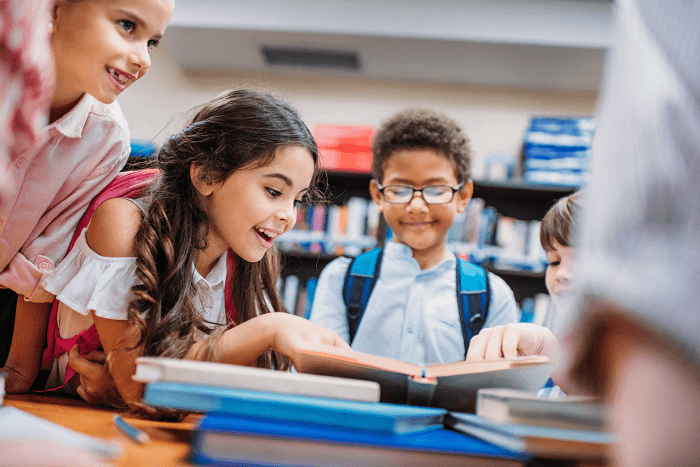
Students can talk to one another about their reading and exchange their views and thoughts in book clubs and reading groups.
Next TopicSatellite Definition
|
 For Videos Join Our Youtube Channel: Join Now
For Videos Join Our Youtube Channel: Join Now
Feedback
- Send your Feedback to [email protected]
Help Others, Please Share










